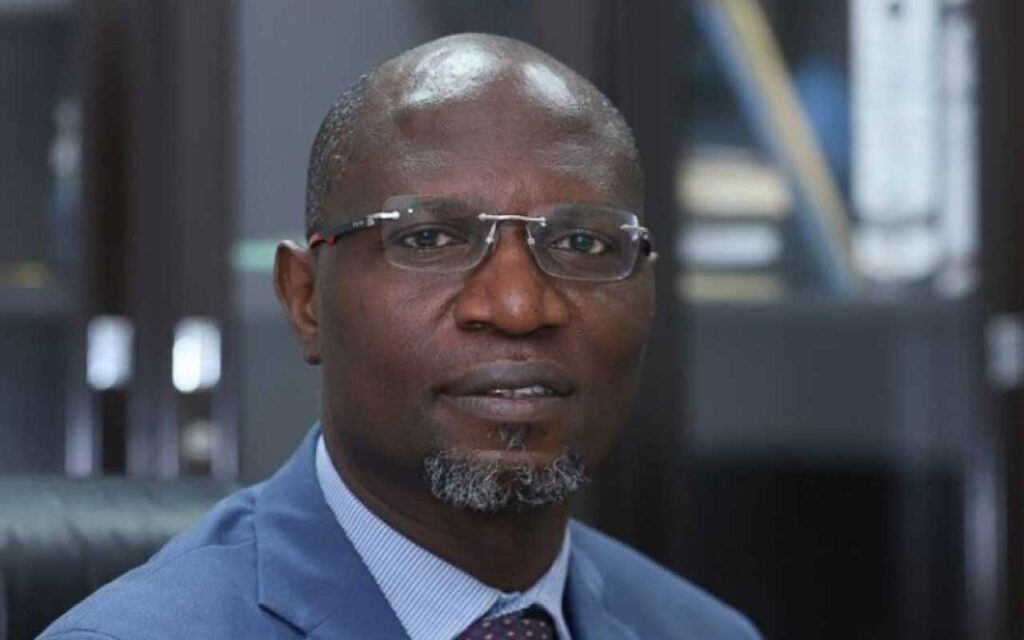
The Executive Secretary, Tertiary Education Trust Fund (TETFund), Sonny Echono, did affirm the commitment of the Fund to the development of technology and innovations in the nation’s tertiary education.
On assumption of office early last year, he outlined some of the initiatives that would be brought to bear on the programmes and activities of the Fund under his leadership. He said that for there to be transformation in the education sector, there was need to focus on the quality of graduates being churned out by tertiary educational institutions.
This according to him, was because the nation’s curriculum system was theory driven and as such, could not meet the requirements of the industry.
“As such, graduates who join the workforce usually require further training and retraining to fit into job roles”, he said.
Echono may not have come from the academia to TETFund but one thing that cannot be easily taken away from him is the vast experience and exposure he has acquired over several years of working in the public service of the country.
No wonder his impact was felt soon after his appointment and since then, he has sustained same pace he adopted earlier in carry out his ideas and vision for the Fund.
Echono through his many years of experience, having worked in different agencies of government, and having also pioneered a good number of innovative approaches to governance in the country, has recorded great feats within a short interval, especially in the areas of research and innovations.
Besides his great ideas, Echono has been described by those around him as “a very down- to-earth person, natural and easy to work with.” According to them, “he is about the easiest Executive Secretary appointed since the establishment of the Fund.
So, Echono in his early days in the Fund, pledged to forge a sustainable partnership between the academia and the industry with a view to remedy the situation he met on ground, and also, to provide permanent solution to the skill gap in the country.
He said: “The government of Nigeria thinks in the direction of promoting technology and we are in the process of establishing a national institute here in Abuja. There will be a post-graduate institution, which is also intended to stimulate the technological transformation of our country.
True to this promise, Echono has been proactive, holding partnership that aim at strengthening the relationship between the academia and the industry.
As part of such efforts, the Fund had gone into partnership with several organizations and bodies at both local and international levels towards the advancement of research and technological innovations.
Speaking recently during the opening event of the TETFund Alliance for Innovative Research (TETFAIR), an initiative aimed at helping academics and researchers to transform ideas into prototypes for commercialization,
Echono, reiterated the readiness of the Fund to support and replicate innovation hub projects in public universities and other tertiary educational institutions in the country. According to him, “Being a year-long programme, the TETFAIR is aimed at providing unique opportunities for our academics and researchers to transform their ideas into market-driven solutions, including the development and fabrication of prototypes.”
Through that programme, selected teams of researchers and academic staff with promising ideas for innovative solutions in the program areas of focus were taken through a journey that combined technology and product development along with venture creation. Few months after, appreciable results have been achieved, which showed that with the right ideas and commitment, the skill and technology deficit in the nation’s tertiary education sector can be addressed.
According to Echono, many Nigerians who took part in startup programmes by one of the partners, Innov8 Hub, have recorded several breakthroughs in inventions and technology.
Echono has also been commended for seamless disbursement of funds for projects across the country. It was gathered that the pace at which funds are disbursed without the usual bottlenecks, has contributed to improved standard of projects as well as timely completion.
“He set out from the onset to make it easy for our benefiting institutions to have access to their intervention funds. Also, he laid emphasis on staff welfare and service delivery.
“A lot of staff now understands what it means to be at work. Not that we never knew this before but it is now in our consciousness; it is on our face and there is a lot of self-check. People are checked on duty often and those are some of the innovations that he came with. So, right from his arrival, he came with a mandate to improve the pace of work, and attitude to work skyrocketed.”











